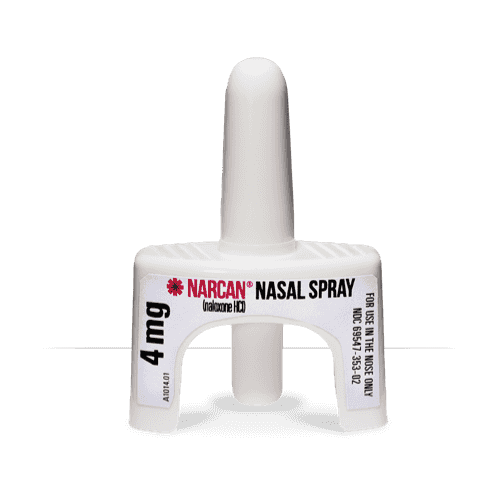
Contributor: Staff of Timberline Knolls Residential Treatment Center
Opiate addiction is very difficult to break, which is why many outpatient and even inpatient efforts often fail. Medical research indicates that many of those with addiction benefit from some form of medical-aided recovery.
The National Institute on Drug Abuse (NIDA) strongly supports the use of medication as part of an integrated treatment program. According to NIDA, medication therapy may increase patient retention in addiction treatment programs and decrease the rate of relapse among addicts in recovery.
Medication-Assisted Treatment (MAT)
Medication-assisted treatment (MAT) utilizes pharmaceuticals that are approved by the Food and Drug Administration to treat opiate use disorder (OUD). Some of these medical-aided recovery medications include buprenorphine, naloxone (Suboxone) and methadone.
For the addicted individual, the best chance to achieve a sustainable recovery, MAT should always be done in tandem with comprehensive therapy and 12-step facilitation.
As with all treatment strategies, MAT has upsides and downsides. These include:
Pros of MAT
- Suppress the physical symptoms of opiate withdrawal and provide a decrease in cravings, thus allowing a person to stay focused on treatment
- Reduction in illicit drug use which results in less criminal activity and a reduction in infectious disease especially in IV opiate users.
- Improved social functioning as well as an overall improvement in the quality of life as a result of “feeling normal.”
Cons of MAT
- Side effects
- Danger in using when combining with other substances
- The question of whether individuals receiving MAT are considered to be in recovery, which can hinder or exclude some treatment/support options
 *The fact that the individual relies on the medication because they feel better and are functioning. As such, this person may not realize the importance of addressing underlying issues and developing coping skills, which is an enormous part of long-term recovery
*The fact that the individual relies on the medication because they feel better and are functioning. As such, this person may not realize the importance of addressing underlying issues and developing coping skills, which is an enormous part of long-term recovery
Whether Medical-Aided Recovery is a component of a comprehensive recovery plan or not, is a decision that should be made by the individual. What truly matters is that any person who is addicted to opiates needs to get treatment. When they are abused long enough, opiates don’t just devastate a person’s life; they destroy it.
Thank you to Timberline Knolls for providing this article.
Timberline Knolls is a leading residential treatment center for women and adolescent girls, ages 12 and older, with eating disorders, substance abuse, trauma, mood and co-occurring disorders. Located in suburban Chicago, residents receive excellent clinical care from a highly trained professional staff on a picturesque 43-acre wooded campus. An adult partial hospitalization program (PHP) is also available in nearby Orland Park, Ill., for women to step down or direct admit. For more information on Timberline Knolls Residential Treatment Center, call 630-755-5173. We are also on Facebook – Timberline Knolls, LinkedIn – Timberline Knolls and Twitter – @TimberlineToday.
The opinions and views of our guest contributors are shared to provide a broad perspective of addictions. These are not necessarily the views of Addiction Hope, but an effort to offer a discussion of various issues by different concerned individuals.
We at Addiction Hope understand that addictions result from multiple physical, emotional, environmental, and genetic factors. If you or a loved one are suffering from an addiction, please know that there is hope for you, and seek immediate professional help.
Published on December 2, 2017
Reviewed and Updated by Jacquelyn Ekern, MS, LPC on January 12, 2021
Published on AddictionHope.com
